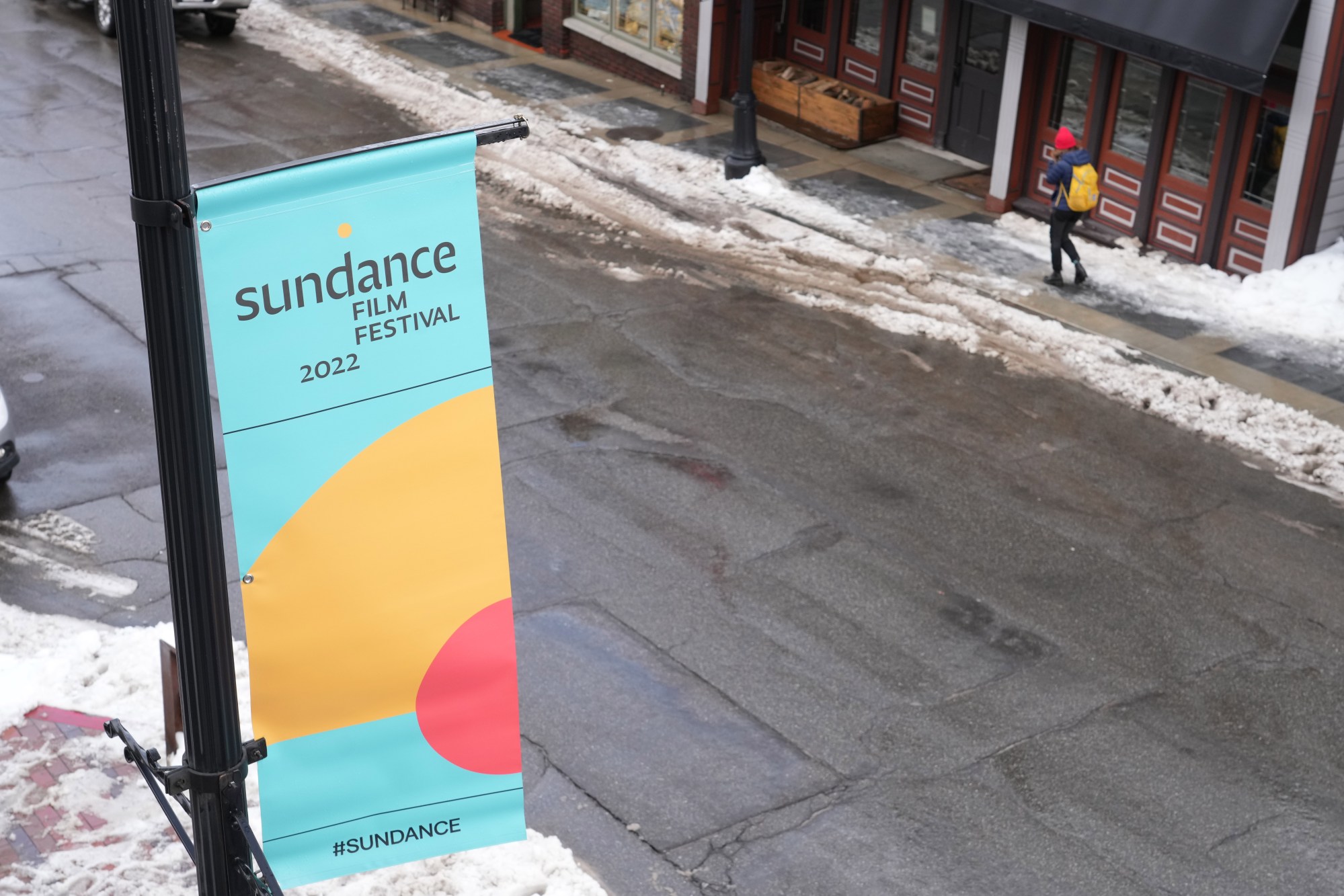
- Festivals
Virtual Sundance Welcomes the World
In a virtual press conference, Festival Director Tabitha Jackson, Director of Programming Kim Yutani, Senior Programmers Shari Frilot and John Nein offered their perspectives on Sundance’s festival program. The prestigious event kicked off today, January 20, on the Sundance digital platform after abruptly canceling all in-person screenings and activities due to the latest Covid-19 surge.
Even in a time as uncertain as ours, the programming team was “once again, surprised to discover that artists found ways to sustain themselves and to make work despite the challenges,” Yutani said.
“It has taken quite a few years for us,” Nein chimed in, “but we really cemented our place and our identity in a way that celebrates independence.” This year, he continued, the team was “able to put together an international program of fiction and non-fiction that reflects this global community of artists that is so full of bold visions of our world.”
While the Sundance team does not cater to any particular agendas, themes do emerge organically out of the filmmakers’ common preoccupations. “We are very attuned to the work that we are getting,” said Yutani; “we are responsively putting work into conversation. Films speak to each other. They speak to the cultural moment, and they speak to audiences.”
One of the program’s spontaneous trends has to do with the environment. “The climate crisis is being treated incredibly cinematically in the films that we’ve seen,” Jackson interjected. The Bolivian feature Utama and the documentary To the End were mentioned as examples.
Other themes are present. Works like Call Jane, the documentaries The Janes and Aftershock, and Happening, which premiered in Venice and is included in Sundance’s Spotlight section, all deal with reproductive rights. “Something notable,” Yutani said.
Social injustice and the existential struggle against the Establishment constitute another pattern emerging out of the overall program. We are shown stories about people of color and women. The fiction films 892, God’s Country, and the documentaries Phoenix Rising, and Nothing Compares, belong in this restless territory.
Nein pointed to yet another novelty, especially among the American Fiction works in competition. “You look at these really sophisticated approaches to genre and [the] idea of re-appropriating genre [and] conventions, reframing them in order to dissect really complicated issues like race and power dynamics.” Alice, Nanny, Master, Emergency, Watcher, and most titles of the Midnight section were included in this perspective.
The deliberate use of genre could extend to science fiction films such as After Yang, Neptune Frost, Brian and Charles, or the non-fiction Fire of Love. “You are seeing,” Nein continued, “individual artists put their stamp on work, in this case through genre.”
Not surprisingly, some of the works included in the New Frontier segment – Sundance’s multi-media and new technologies program – trigger similar discussions about reproductive rights (Surrogate), the environment (Gondwana), and technology (Cosmogony). It is also significant that Sam Green’s immersive documentary 32 Sounds will open the festival with an experiential exploration of sound. “It’s just super special how [Green] is using technology to present something to a lot of people, one person at a time,” emphasized Frilot, the chief programmer of New Frontier.
“We went from a live event organization to building an entire festival on a platform. It’s not simply about watching films. The essence of the festival is this gathering, this convergence of the work, the makers and the receivers, the audience,” Jackson said. “What is incredibly gratifying,” she went on, are the “partnerships with the independent art houses across America and the innovations that we have been experimenting with on our own festival platform.”
But Jackson didn’t stop there. For her, the issue at hand is even broader: “How can you make the intangibles of serendipity and delight tangible? And Shari Frilot… You bloody did it!.”
“We did build a ‘spaceship’,” Frilot responded with a chuckle. After an Extended Reality gallery had been built, the Sundance team realized they could do a lot more: a digital communal world, “a bar with lounges that can host premiere parties [and] receptions for filmmakers.” Needless to say, they could also build the digital replica of Park City’s Egyptian Theatre, Sundance’s staple venue. It would be a place where everyone could gather in a virtual yet real world.
“[The] notion of community and joy – that is what speaks to our humanity,” Jackson asserted. “In this world, which is mitigated by screens, coming together and expressing joy together and being stimulated by the work is what the festival is all about.”
“We have been determined [to] launch this work and gather and converge in any way we can,” Jackson concluded. “This moment in the year, around these artists making this work, is what we are here for.” She confirms Sundance’s priority and spirit: “Celebrating and championing the project of freedom, the creative expression, and the independent voice.”

